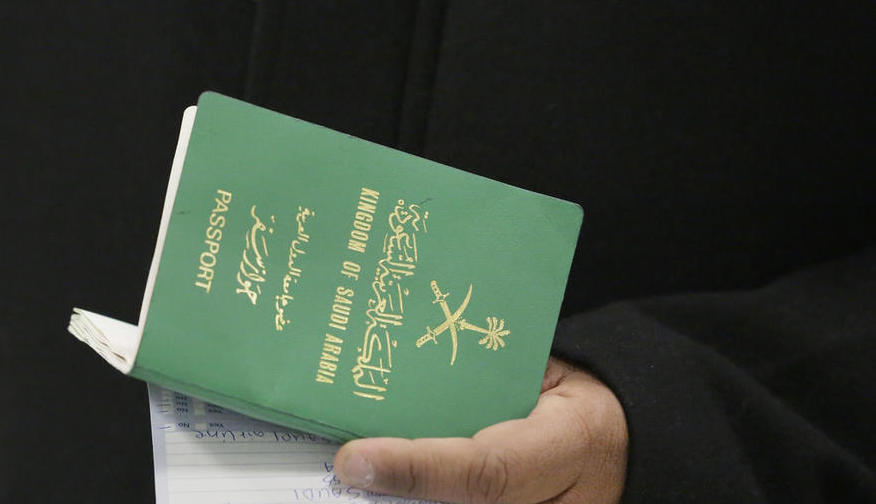As of 20 August 2019, recent amendments made to the Travel Documents Law have been enforced, permitting women over the age of 21 to travel without a male guardian’s permission.
These amendments targeted aspects of the Travel Documents Law related to obtaining a passport and changed the terminology to gender-neutral terms, permitting all citizens over the age of 21 to apply and receive a passport. The same changes were made for individuals under 21, however they will still have to obtain a guardians permission, which is less likely for women.
Additionally, women who maintain primary custody of their children can also apply for passports and permission to travel with their children.
While these changes are monumental and have already led to a greater amount of humanity and freedom for Saudi women, there are limitations and further instances that reflect how these changes are implemented across society.
Absher (أبشر), an application available through Apple and Android provided by the government offers electronic services for Interior Ministry services such as passports. So far, the app has prohibited women from applying for a passport, and women are forced to apply in person.
Furthermore, while women are permitted to travel through the regulation, they are not protected to do so, and male guardians are still capable of seeking a court order to restrict a female relatives’ travel.
Regardless of reforms, until Saudi Arabia releases women’s rights activists who worked towards ending the guardianship system and promoting women’s rights, these reforms will remain insufficient. These women include Loujain AlHathloul, Samar Badawi, Nassima AlSadah among others, who have been tortured and sexually assaulted since being detained.
The European Centre for Democracy and Human Rights (ECDHR) welcomes these changes by Saudi Arabia but calls upon the government to abolish the guardianship system outright. Until this occurs, there will never be any genuine change in the status and rights of women in the kingdom.

